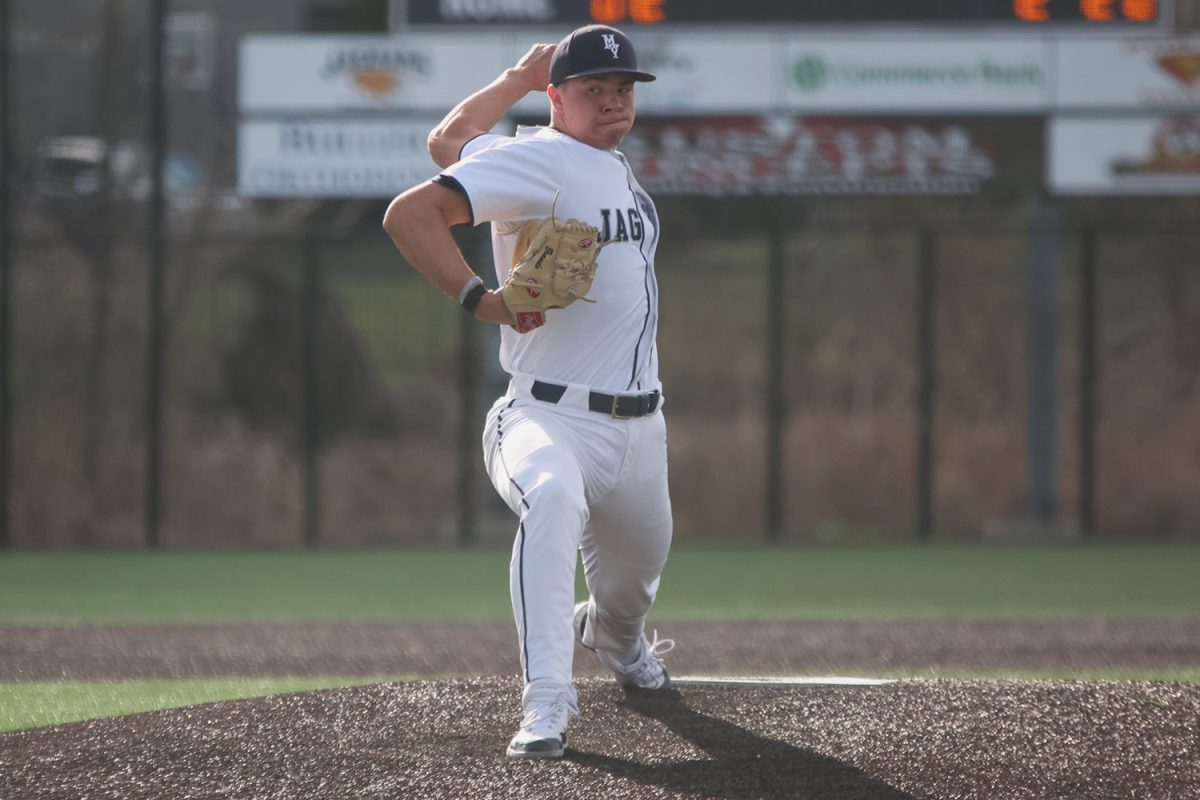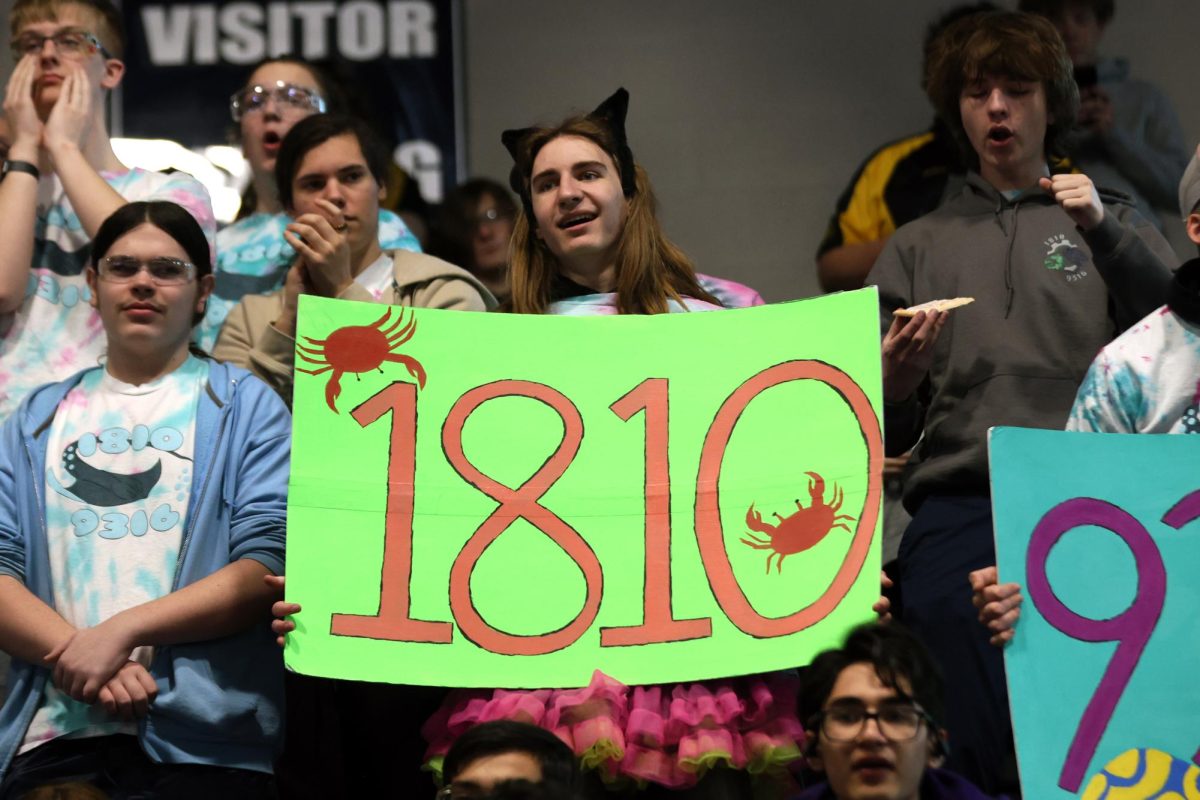The NFL must fix officiating before it’s too late
To restore faith in the league’s integrity, the NFL needs to make long-awaited changes to their officiating system
January 28, 2019
On Sunday, Jan. 20, millions tuned in from across America to the NFL Conference Championships. Viewers wanted to see the stars – Todd Gurley, Drew Brees, Tom Brady and Kansas City’s own Patrick Mahomes – play hard and decide the game. Instead, viewers got controversy and a game decided by the officials. At the end of the NFC’s championship game, a Saints running back was blown up by a desperate Rams cornerback. The play was textbook pass interference ー a helmet-to-helmet hit before the football even arrived. Had the officials called the play correctly and thrown a penalty flag, the Saints would be headed to the Super Bowl. Instead, the officials chose to ignore the blatant foul and kept their flags in their pockets. The Saints went home instead. Rightfully, the country was outraged.
This missed call was the tipping point for an NFL season filled with awful officiating. Talk show hosts and radio pundits everywhere will be mocking the call for years to come. In an ever-more-scrutinizing world, the quality – or lack thereof – of NFL officiating is atrociously behind the curve. However, despite what indifferent owners might believe, changes like making every call reviewable and hiring full time officials are on the table. These changes would be reasonable, rational, and restorative to the league officials’ tarnished reputation.
These rule changes aren’t exactly novel ideas. Patriots head coach Bill Belichick – who, as Chiefs fans were so rudely reminded, knows what he’s doing – has been advocating for every call to be reviewable since 2013. He, along with any rational fan, doesn’t understand why some calls are arbitrarily reviewable while others are not. If the NFL made everything reviewable, blatant no-calls that change the outcome of a conference championship would be all but eradicated.
Hiring all full-time officials would also help reduce perceived “ref bias.” First, it would allow officials to focus on their job officiating rather than holding another job on the side. They could spend off days watching film of games and reviewing their calls in the past week’s games. Second, giving officials a stable, well-paying job could eliminate incentives for fixing games. Allegations have been brought against NFL refs in the past, and observations like the head of officiating being seen on the Cowboys team party bus don’t help the reputation of the officials.
These reforms are being considered. For example, the NFL is considering making pass interference a reviewable penalty after the Saints-Rams atrocity, and the league also hired 24 full-time officials in 2017. But “considering” reforms isn’t enough. Only sweeping widespread fixes for the officiating system can restore public trust in the league.














